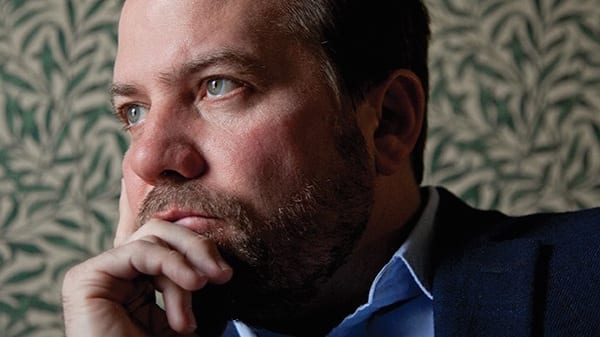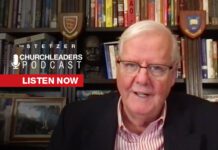
Subscribe to the ChurchLeaders Podcast
James K.A. Smith teaches philosophy and theology at Calvin College in Grand Rapids, Michigan. Trained as a philosopher with a focus on contemporary French thought, Smith has expanded on that scholarly platform to become an engaged public intellectual and cultural critic. An award-winning author (Desiring the Kingdom) and widely traveled speaker, he has emerged as a thought leader with a unique gift of translation, building bridges between the academy, society, and the church. He and his wife, Deanna, are committed urban dwellers who enjoy gardening and travel.
Key Questions:
You have a philosophy background. What have you noticed about the philosophy of the evangelical church?
Why is worship so important to discipleship?
Which historic practices from the Church can help us in our modern worship?
Key Quotes:
“Evangelical Protestantism…accepted this assumption that the human person is this brain on a stick, as it were.”
“We think of discipleship, then, as primarily knowledge dissemination.”
“We need to rethink who we are. Maybe we’re not defined by our knowledge. We’re not defined just by what we think. We’re defined by what our heart longs for, by our hungers, our loves, our desires.”
“You might, sort of on this unconscious level, have been taught to love the wrong things in the wrong way.”
“Love is a habit; love is a virtue. It’s this cultivated disposition that we acquire, and for that reason, the way you learn such heart habits, the way you learn to love is through…rhythms and routines as the people of God.”
“It’s not so much that I have to be excited or expressive or feeling something [during worship]. It’s more like showing up is 90% of what [is needed to make] myself available for God to do something to me.”
“There is no formation without repetition. We really, really need to get over our allergy to repetition. We embrace repetition in all kinds of other spheres in our lives, but for some reason, we think it’s totally out of place in our spiritual lives.”
“Some of the dominant paradigms in how we think about worship largely turn congregations into spectators, into audiences.”
“I think it’s crucial that when we enter worship we realize that Christ is already leading worship and in a way is inviting us into the throne room where he is praying to the Father and worshipping the Father.”
Mentioned in the Show:
You Are What You Love
Desiring the Kingdom: Worship, Worldview, and Cultural Formation
Imagining the Kingdom: How Worship Works











